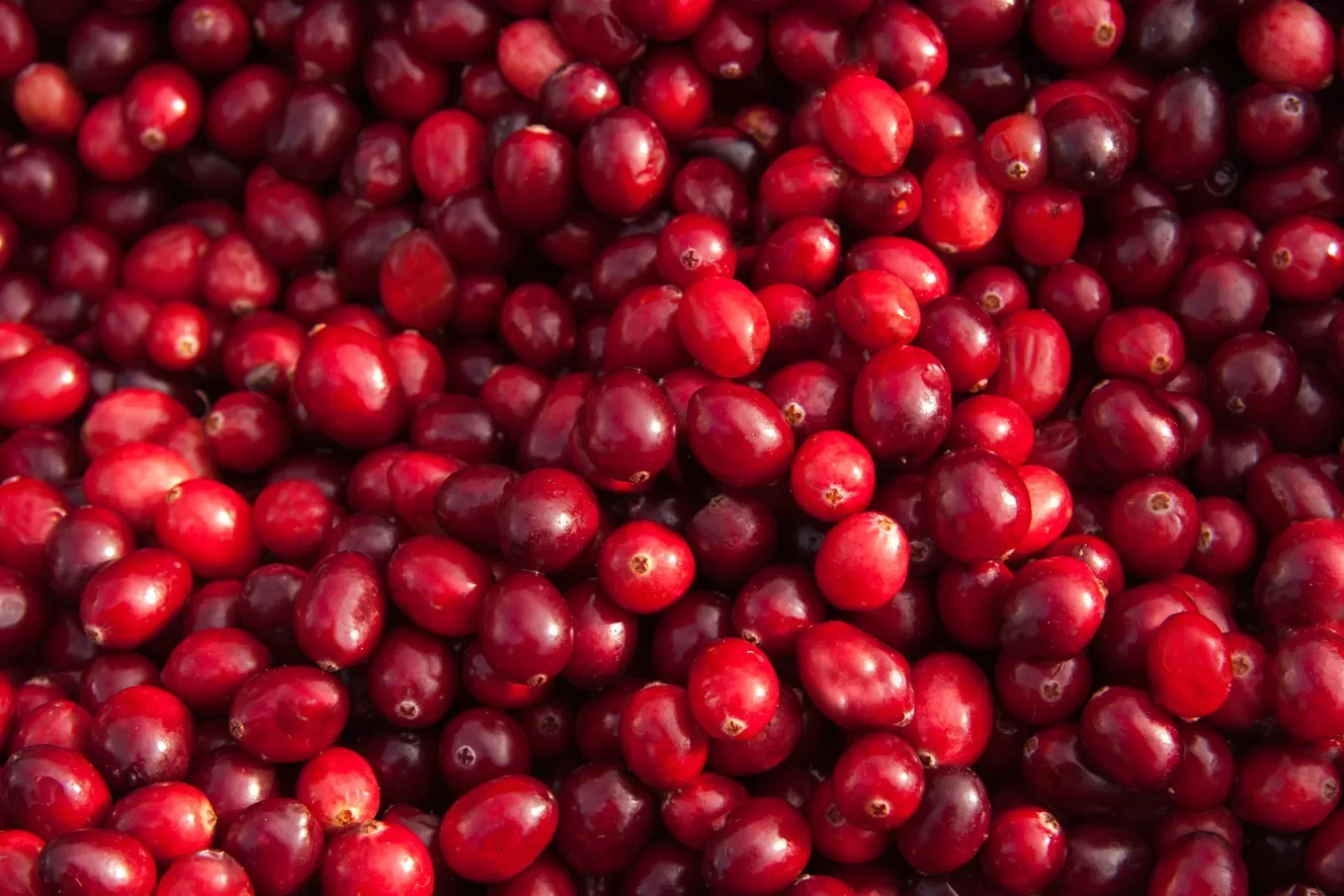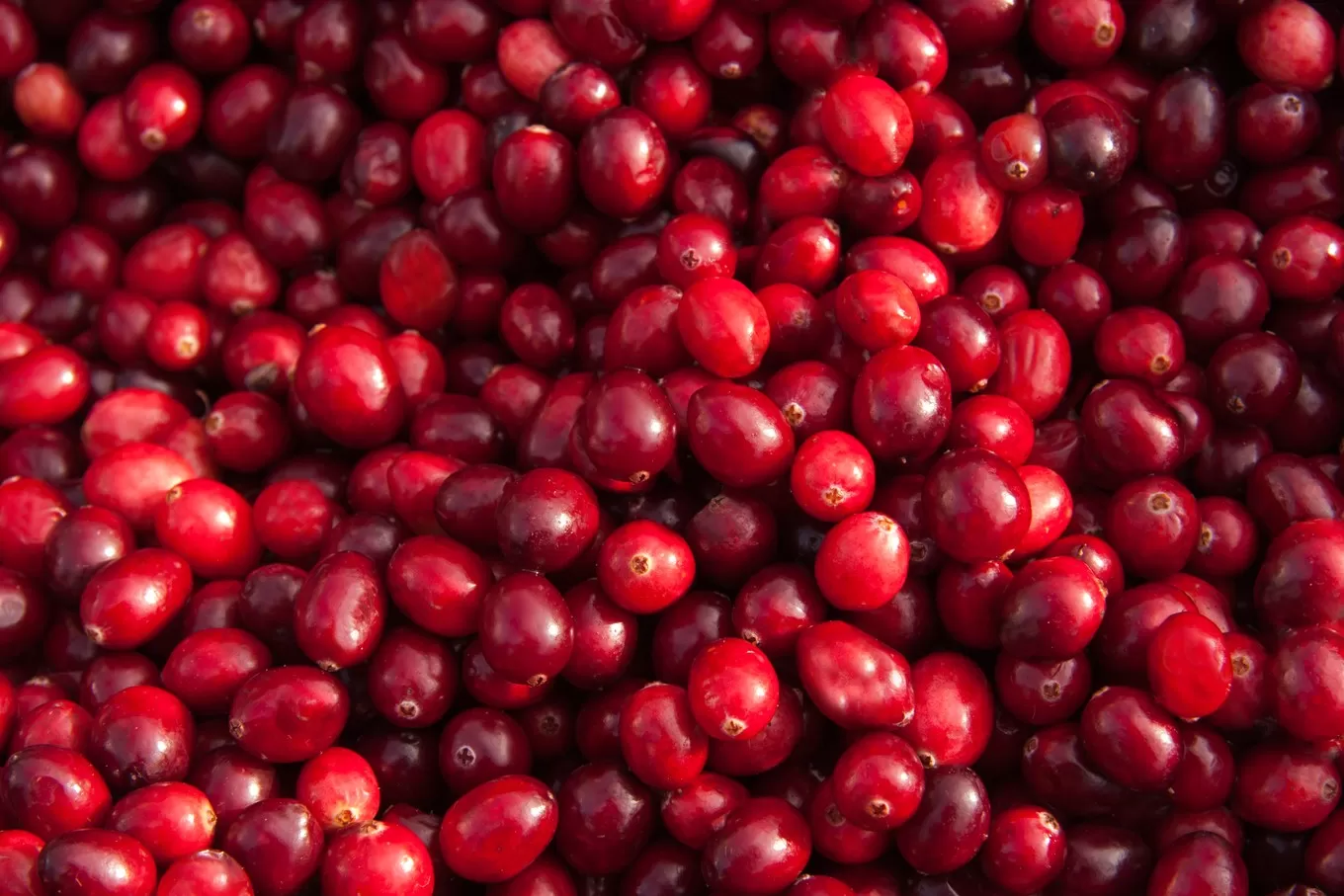- 0086-571-85302990
- sales@greenskybio.com
Is Cranberry Extract Safe for Kidneys? A Comprehensive Review
2025-06-07

Cranberry Extract, derived from the fruit of the Vaccinium macrocarpon plant, is well-known for its reputed health benefits—most notably its role in prevention of urinary tract infections (UTIs). As its use increases through supplements and functional foods, so too do questions regarding its impact on vital organs such as the kidneys. Considering the prevalence of kidney disease and the sensitivity of these organs, it is important to evaluate the potential risks and benefits of Cranberry Extract for kidney health.
Understanding Cranberry Extract
Cranberry extract is typically prepared from whole cranberries and is available as capsules, tablets, powders, or liquid concentrates. The most studied active compounds in cranberry are proanthocyanidins (PACs), which are believed to reduce UTI risk by inhibiting bacteria (like E. coli) from adhering to the urinary tract lining. It also contains vitamin C, various organic acids, and other antioxidants.
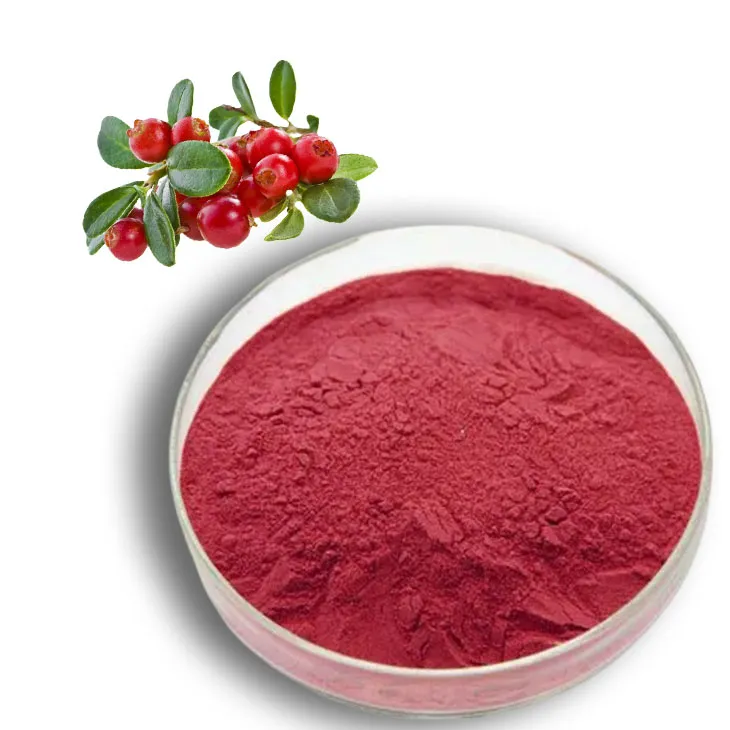
General Kidney Safety for Healthy Individuals
For people with normal kidney function, moderate consumption of cranberry extract is regarded as safe. Regulatory agencies, including the US Food and Drug Administration (FDA), classify cranberry and its extracts as “generally recognized as safe” when consumed in typical dietary amounts. Healthy adults taking cranberry extract within recommended guidelines for UTI prevention rarely report significant adverse effects related to kidney function. The extract is metabolized and its components are excreted primarily through the kidneys, but there is no evidence that this places excessive burden on the organs in people with normal renal function.
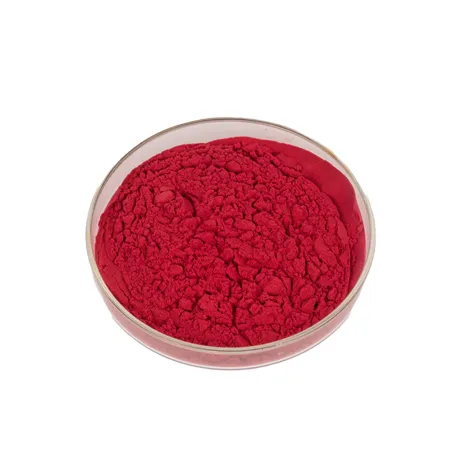
Potential Concerns for Kidney Health
Despite its general safety, certain potential risks should be considered, particularly in people at risk for kidney stones or those with existing kidney disease.
1. Risk of Kidney Stones
Cranberries are naturally high in oxalates, compounds that can bind with calcium to produce kidney stones—especially the most common type, calcium oxalate stones. Extracts, which concentrate cranberry’s ingredients, may contain significant oxalate levels.
Some studies suggest that large or prolonged doses of cranberry products can elevate urinary oxalate excretion, raising the risk of stone formation in stone-prone individuals. Research published in BJU International in 2005 observed increased urinary oxalate levels after cranberry juice consumption. While occasional or moderate use is unlikely to pose problems, individuals with a history of kidney stones should use caution and consult their healthcare provider before taking concentrated cranberry supplements.
2. Effect on Chronic Kidney Disease
Individuals with chronic kidney disease (CKD) or reduced kidney function must be cautious with any supplements, including cranberry extract. The potential for accumulating metabolites and the kidneys’ impaired filtering capacity can sometimes lead to unanticipated side effects. While cranberry extract is not directly nephrotoxic, its oxalate content and potential for drug or nutrient interactions (such as with potassium or blood thinning medications) must be considered.
Additionally, although cranberry juice is low in potassium, some commercial preparations or supplements may contain varying levels. For people on a potassium-restricted diet (a common scenario in advanced CKD), attention to potassium content is important.
3. Drug Interactions
Cranberry extract might interact with certain medications. The most well-documented is warfarin, a commonly prescribed blood thinner. Some evidence suggests cranberry may amplify warfarin’s effects, leading to increased bleeding risk. While this is not a direct effect on kidney tissue, it illustrates the need for caution, particularly in individuals with CKD who are likely to be on multiple medications.
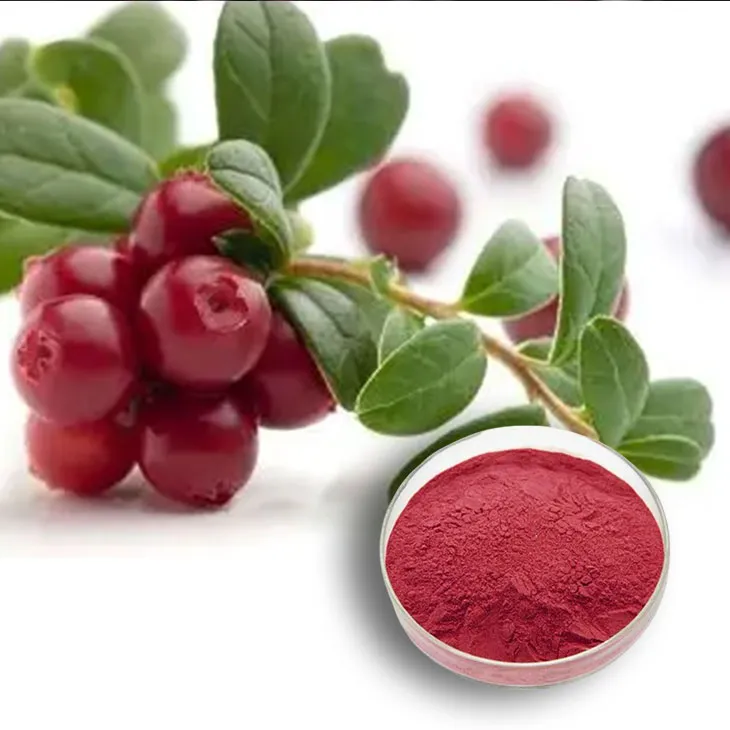
Possible Kidney Health Benefits
Cranberry extract’s best-evidenced benefit is UTI prevention, which may indirectly protect kidney health. Untreated or recurrent lower urinary tract infections can ascend to the kidneys, resulting in pyelonephritis—a potentially serious infection that can lead to scarring and long-term renal damage. Multiple clinical trials and systematic reviews indicate that cranberry products reduce the frequency of recurrent UTIs, especially in women and other at-risk groups.
For people prone to UTIs and with healthy kidneys, moderate cranberry intake may be a sensible preventive strategy. For those with CKD, a careful weighing of risks and benefits with professional guidance is warranted.

Expert Recommendations and Practical Guidelines
For healthy individuals, cranberry extract is generally safe when taken in standard dosages typically cited as 400-1500 mg per day of standardized extract. Consuming excessive doses for extended periods—or using unregulated, high-strength supplements—should be avoided.
For individuals with a personal or family history of kidney stones (particularly calcium oxalate stones), healthcare providers usually recommend caution. Those with chronic kidney disease or advanced renal impairment should discuss any supplement use—including cranberry extract—with their nephrologist or dietitian.
For pregnant women, children, or people with significant comorbidities, cranberry should be used in food amounts unless supervised by a physician.
Conclusion
Overall, cranberry extract in moderate amounts is safe for most people with healthy kidneys and may offer valuable support for urinary tract health. However, individuals with a history of kidney stones or chronic kidney disease must exercise caution, as high oxalate levels can contribute to stone formation and may complicate existing renal conditions. As with all supplements, responsible use and medical consultation are key, and cranberry extract should be regarded as a complementary—not primary—therapy for urinary and kidney health. Always prioritize professional advice before introducing new supplements, especially in the context of kidney disease or stone risk.
- ▶ Hesperidin
- ▶ citrus bioflavonoids
- ▶ plant extract
- ▶ lycopene
- ▶ Diosmin
- ▶ Grape seed extract
- ▶ Sea buckthorn Juice Powder
- ▶ Beetroot powder
- ▶ Hops Extract
- ▶ Artichoke Extract
- ▶ Reishi mushroom extract
- ▶ Astaxanthin
- ▶ Green Tea Extract
- ▶ Curcumin Extract
- ▶ Horse Chestnut Extract
- ▶ Other Problems
- ▶ Boswellia Serrata Extract
- ▶ Resveratrol Extract
- ▶ Marigold Extract
- ▶ Grape Leaf Extract
- ▶ Coix Seed Extract
- ▶ Aminolevulinic acid
- ▶ Cranberry Extract
-
What is Cranberry Extract Good For?
2025-06-07
-
What Organ Is Cranberry Good For?
2025-06-07
-
Kelp Extract Powder
2025-06-07
-
Green Tea Extract
2025-06-07
-
Hedyotis Diffusa Extract
2025-06-07
-
Polygonum multiflorum extract
2025-06-07
-
Beta Carotene
2025-06-07
-
Lemon Juice Powder
2025-06-07
-
Honeysuckle Pollen
2025-06-07
-
Ginger Extract
2025-06-07
-
Acerola Extract
2025-06-07
-
Scutellaria Extract
2025-06-07











